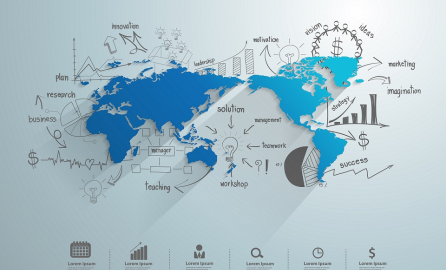Measures to reform how the European Commission delivers aid by rethinking approaches to technical cooperation, have been welcomed by a leading Southern representative in Aid Effectiveness, Talaat Abdel-Malek, recently appointed as co-chair of the Working Party on Aid Effectiveness in the Development Assistance Committee of the OECD.
Mr Abdel-Malek welcomed the Commission's Guidelines on "Making Technical Cooperation More Effective", which he said, provide an essential framework to advance aid reform.
"It is refreshing to read a document that truly, and successfully, I think, attempts to translate general statements about aid reform into a concrete framework," said Mr Abdel-Malek, Economic Adviser to the Egyptian Minister of International Cooperation and Executive Director of the government's Centre for Project Evaluation and Macroeconomic Analysis.
The European Commission Guidelines were drawn up with the consultation of developing countries. Mr Abdel-Malek, as a prominent representative of the South, was consulted as part of the commission's inclusive approach to reform of aid delivery.
Key to the commission's change of approach is an emphasis on increased ownership of development assistance among donor recipient countries and a drive to make capacity development more results driven.
Going forward, a change of approach requires greater self-analysis from the donor side, too, according to Mr Abdel-Malek.
"It has become all too obvious for anyone in the field that donors need to put greater emphasis on recognising their own capacity to instigate development," said Mr Abdel-Malek. "Donors need to attend to their own capacity strengthening and organisational set up in the field."
While Mr Abdel-Malek broadly welcomed the early drafts of the Guidelines, he also cautioned the commission not to overlook the potential value of South-South cooperation.
"If there was a significant omission in the draft document, it was about the use of South-South cooperation as a major source of good practice and relevant experience in capacity development," said Mr Abdel-Malek. "The European Commission can play a very useful facilitating role, through triangular cooperation, to derive more benefits from South-South support".
Mr Abdel-Malek's feedback has been welcomed and incorporated into the Guidelines.



Log in with your EU Login account to post or comment on the platform.